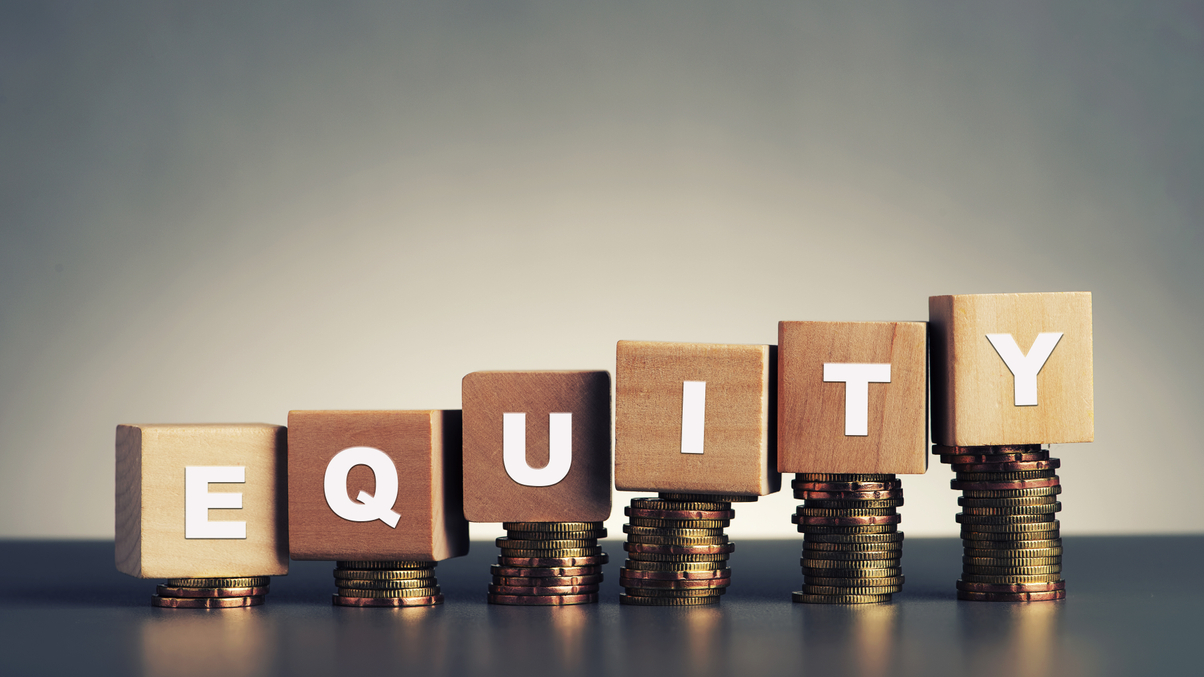Aussie supers upbeat about active equity investments
Equity market optimism is undimmed among some CIOs at Australia's superannuation funds. But with markets priced to perfection, questions are raised about future returns.

Chief investment officers at Australia's superannuation funds admit that valuations can look a bit stretched in some of their equity portfolios. But they are not about to back away from active equity investments, despite potentially negative external factors.
Sign in to read on!
Registered users get 2 free articles in 30 days.
Subscribers have full unlimited access to AsianInvestor
Not signed up? New users get 2 free articles per month, plus a 7-day unlimited free trial.
¬ Haymarket Media Limited. All rights reserved.


